The devastating fire that, according to Hamas, killed dozens of displaced civilians in Rafah and that reportedly started because of an Israeli attack on Hamas terrorists, has come at the worse possible time for Israeli prime minister Benjamin Netanyahu.
Four days ago, the International Court of Justice ruled that Israel must immediately halt activities in Rafah. Although the language used by the court could imply that Israel may carry out some activities in the city as long as it conforms to its obligations under the Genocide Convention, there were international calls on Israel to cease all activities and warnings of a disaster have sadly come true.
Israel’s ability to carry on in Rafah may now be in doubt
Rafah is the last Hamas stronghold in Gaza. It’s also where many of the Israeli hostages are likely to be held according to information obtained by the Israeli Defense Forces. As such, it’s an important strategic asset for Israel in its war to eliminate Hamas. However, dire humanitarian conditions in Gaza — in large part owing to Hamas having embedded themselves within civilian population and with the terrorists allegedly disrupting delivery of aid — have made the Rafah offensive highly contentious, even before it began.
The US and other allies, have warned Israel against an offensive in the city where over a million Palestinians have sought refuge. After much dithering by Netanyahu, Israel pushed ahead. However, considering American threats of withholding weapons shipments, Netanyahu ordered a use of force that’s more limited than used in northern Gaza earlier in the war.
Following the ICJ’s ruling, Israel quickly withdrew some of its forces from Rafah. This immediately led to a barrage of rockets being launched by Hamas, from Rafah, into central Israel for the first time in months, demonstrating Hamas’s dangerous offensive capabilities in the city.
Contrary to allegations by Hamas following yesterday’s fire, the IDF claims that it has used precision weapons to attack a target outside the secure area where civilians were taking shelter. The strike killed two senior terrorists who were involved in multiple attacks against Israelis. It seems that the compound used by the terrorists was, typically, located in proximity to an area where civilians sheltered in highly flammable tents. The US received an early indication from Israel the fire may have been caused by a shrapnel, or something else from the strike, hitting a nearby fuel tank that ignited the fire, which Netanyahu has referred to as a “tragic mishap.”
Although many of the details of yesterday’s events are still unknown, the international community has already given its verdict. World leaders, including those of Israel’s allies France, Germany and Canada, have criticized Israel and called for IDF forces to be withdrawn from Rafah. Some have even called for a ceasefire. Spain’s foreign minister, whose government’s recognition of a Palestinian state comes into effect today, threatened that his country will take steps to enforce the ICJ’s ruling. American response was more reserved and called on Israel to “take every precaution possible to protect civilians.”
The UN Security Council meets today to discuss events in Rafah. Although criticism of actions that have allegedly led to such a tragic loss of innocent life is understandable, undoubtedly, there will be little or no blame cast on Hamas for hiding in close proximity to civilians and storing weapons among them, thereby intentionally placing them at risk. Hamas’s refusal to obey the ICJ, which called on the terror organization to release the hostages, may also not be mentioned. The loudest voices will see Israel as solely responsible, before a full investigation has been completed, and, unless the US intervenes, there could also be calls for sanctions against Israel if doesn’t stop the fighting in Rafah.
Notwithstanding Netanyahu’s claim today that the offensive will go on, Israel’s ability to carry on may now be in doubt. Backlash to yesterday’s tragedy is based on emotions rather than on facts, as well as on a one-sided view that has consistently blamed Israel and absolved Hamas from responsibility. Nevertheless, imposing a unilateral ceasefire will undermine Israel’s war against Hamas, place Israeli civilians at risk, and empower Hamas, leading to long-term instability and continuation of violence.
This article was originally published on The Spectator’s UK website.



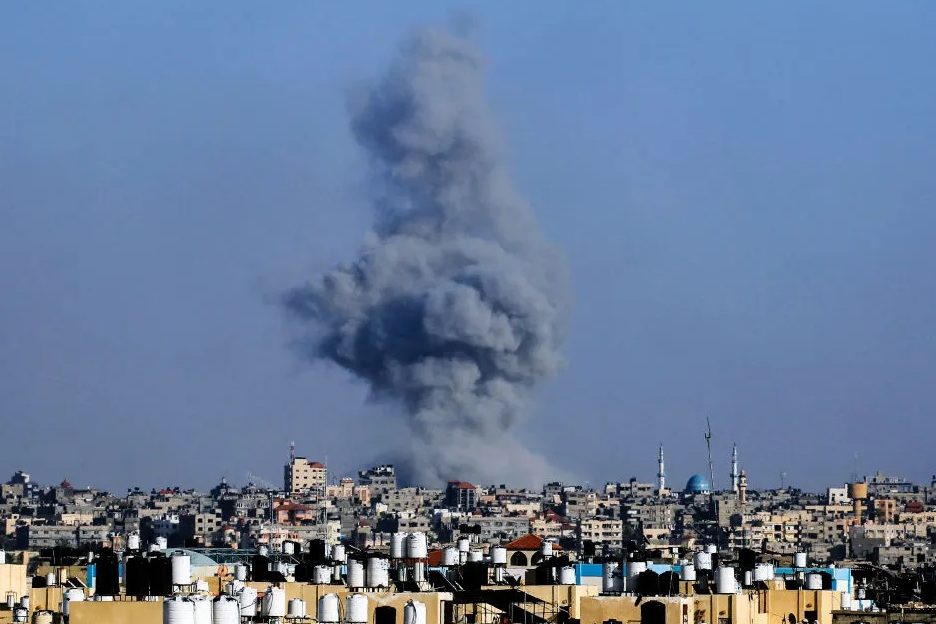






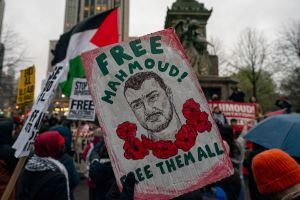

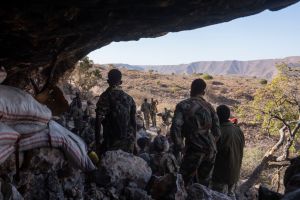
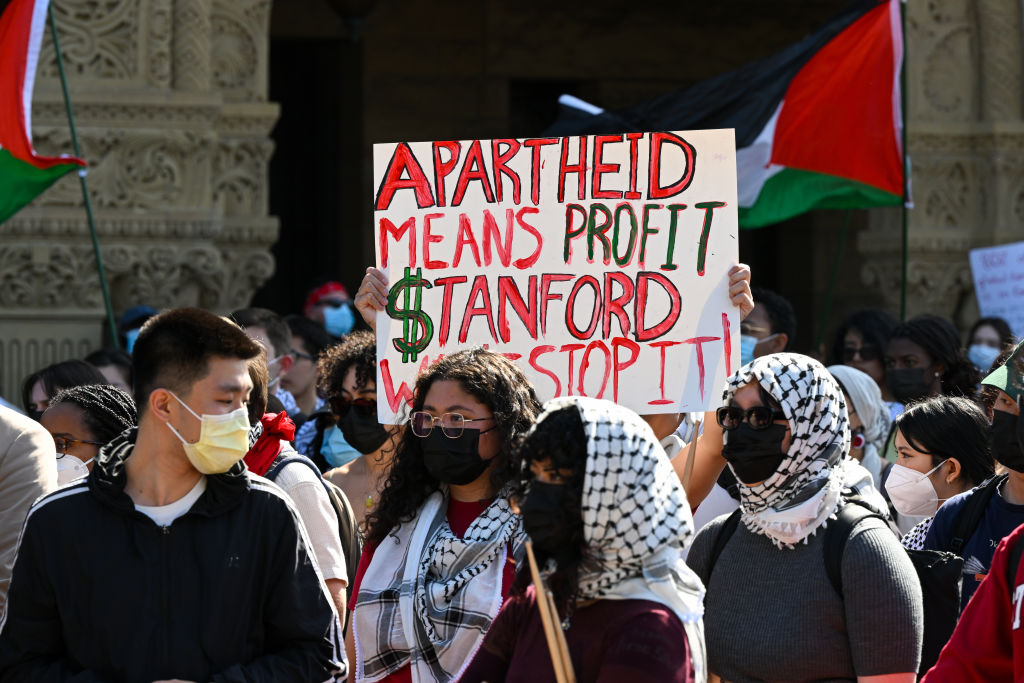

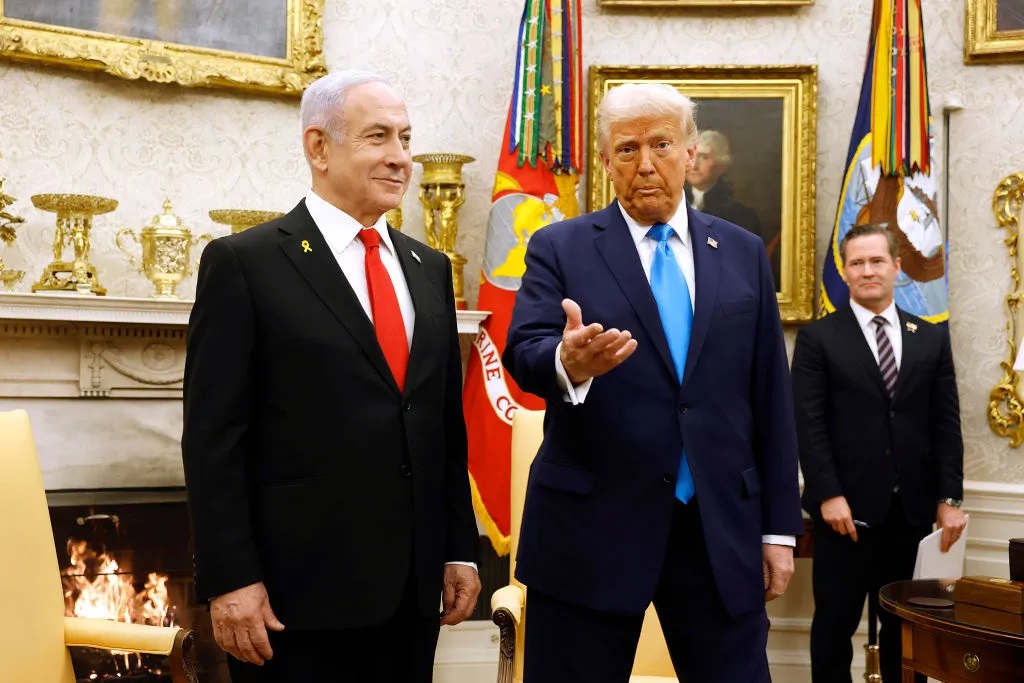
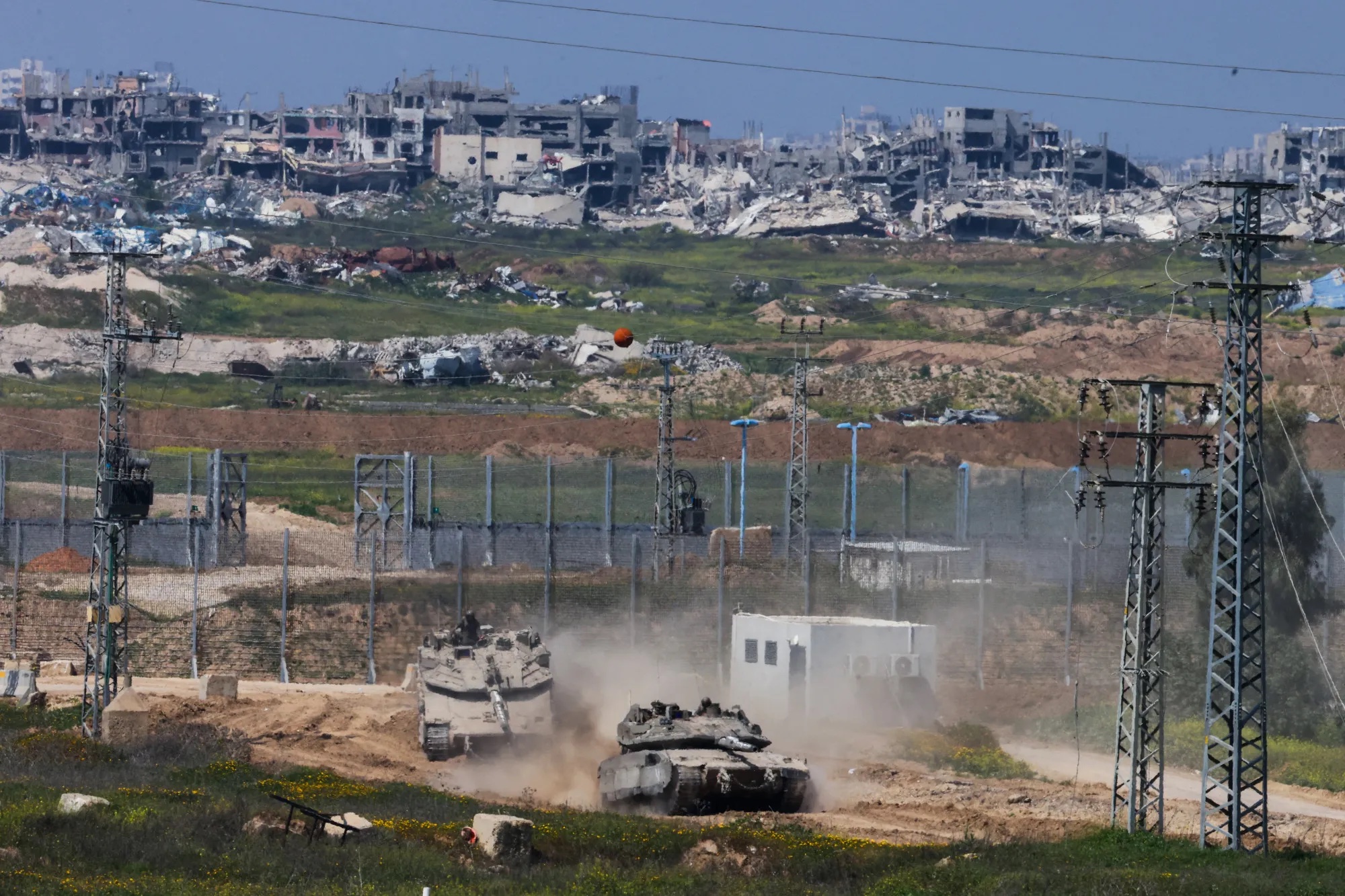
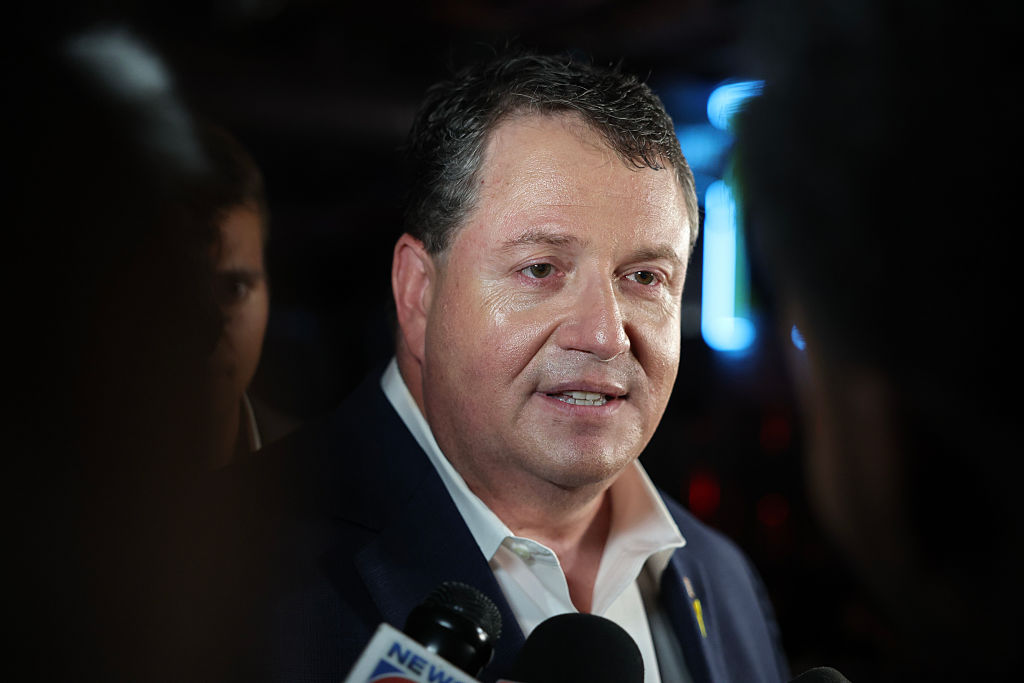








Leave a Reply